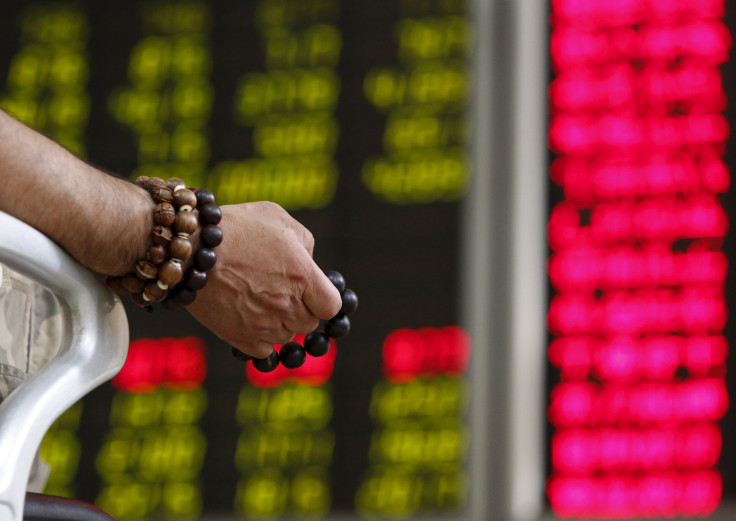China Stock Exchanges Tighten Short-Selling Rules Amid Market Gains

China has strengthened its stance against short-selling shares and major brokerages suspended businesses involved in the practice following massive losses in the country’s stock markets. The move was followed by gains on local bourses.
China’s markets have lost almost 30 percent of their value after peaking in June, in a series of volatile plunges that have raised fears of a larger collapse. In response, the country’s exchanges and regulators have come down hard on market manipulators even as the Communist Party and the China Securities Regulatory Commission (CSRC) have worked to implement a wide range of reforms.
Short-selling is a term used to describe a practice of selling shares that are not owned at the time by the seller. Short-selling provides liquidity to operators in exchange for higher risk.
The country’s two biggest stock exchanges, the Shanghai Composite Index and the Shenzhen Component Index, said that investors who borrow shares must now wait one day to pay back the loans, preventing them from selling and buying back stocks on the same day, a practice that could “increase abnormal fluctuations in stock prices and affect market stability,” the Shenzhen stock exchange said, according to Bloomberg. China had already previously banned traders from buying and then selling shares on the same day.
The markets regained lost ground on Tuesday after a major loss last Monday of about 8.5 percent, with Shanghai closing up 3.7 percent at about 3,750 points, and the Shenzhen index gaining 4.5 percent to end the day at 12,700.
Major brokerages Citic Securities, Huatai Securities and Great Wall Securities also said they would temporarily suspend their short-selling services.
The CSRC has placed “malicious” short-sellers in its sights, and is also investigating the use of automated trading strategies that exploit market volatility.
"This is apparently aimed at increasing the cost of shorting and easing selling pressure on the market," Samuel Chien, a partner of Shanghai-based hedge fund manager BoomTrend Investment Management Co, told Reuters.
Last Monday’s fall came after a three-week rally stimulated by major government efforts to inject liquidity and restore stability to the market. However, the persistent volatility has raised concerns about the government’s abilities to control malicious trading.
Fund managers have reportedly claimed that the campaign against short-selling has denied investors ways to hedge their share holdings, creating an incentive to sell those stocks. Traders also complained that the rule left them vulnerable to any market-distorting news that came before trading opened the next day.
China’s stock markets have also lost a significant amount of liquidity in recent days due to the crackdown, leading to the volume of shares being traded in China being worth $72 billion lower than that of trades on U.S. exchanges, Bloomberg reported.
© Copyright IBTimes 2024. All rights reserved.





















